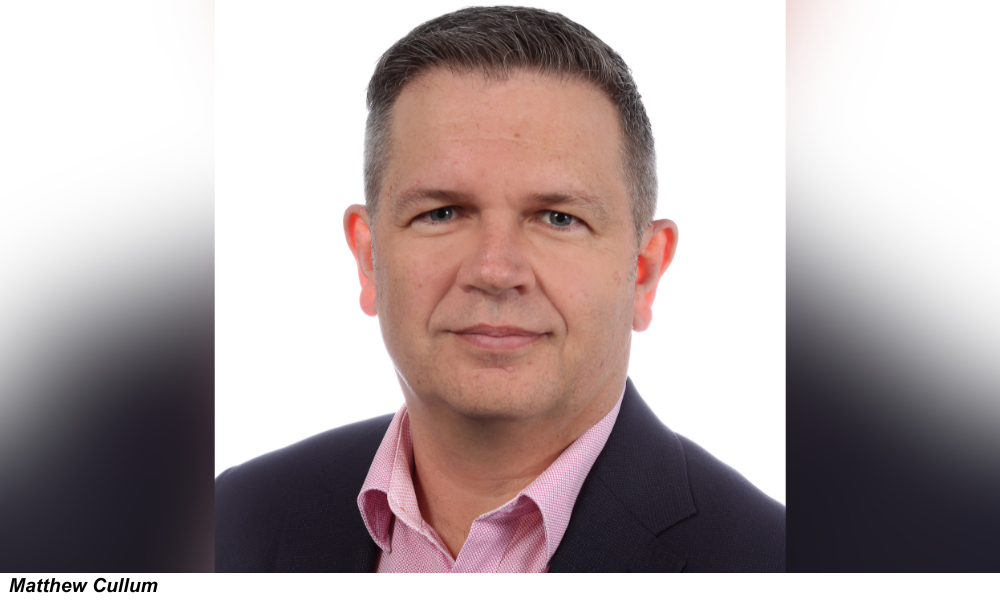
BNZ invests in number of areas 'to make sustainable outcomes part of DNA,' says HR leader

HR might want to take note of a recent report from Emtrain showing a decline in the number of employees who feel their employers are giving enough emphasis to authenticity, inclusivity and efforts to nurture trust within the workplace.
The survey also recorded a 12% drop in employees who said their co-workers see the value in respectful work relationships.
“We are in the middle of turbulent societal shifts set against the backdrop of an economic downturn and budget cuts. The employer pendulum is swinging away from the employee experience and towards the corporate balance sheet. When that happens, inclusion and ethics take a hit,” said Janine Yancey, business compliance and workplace culture expert at Emtrain, in a statement about the report.
One organisation that’s focused on the long-term when it comes to workplace culture is BNZ.
“We've invested in a number of areas over multiple years trying to make sustainable outcomes part of the BNZ DNA,” says Matthew Cullum, GM of colleague strategy, people and culture.
“A phrase our CEO uses a lot is ‘We want to make sure that we create a place where our people want to run into work,’” Cullum says. “We know you can't just launch one-off initiatives as short-term sugar hits for your culture - it ultimately needs to be sustainable.”
Creating that outcome has involved nurturing an environment of trust and respect, where people feel 100% comfortable bringing their whole selves to work, he says. At BNZ, a big part of respect in the workplace means respecting differences. Inclusion is important and, to that end, a number of years ago, the organisation introduced a Diversity Council.
The council has representation of employees from a range of communities and business units across the organisation and is chaired by the CEO, giving direct access to him for ideas to be shared.
“What we're encouraging is connections across the entire workplace and making sure the Diversity Council doesn't just become an echo chamber of ideas, so that things actually get done as a result of it,” says Cullum.
The council represents five main communities: Māori, Pasifika, Asia, Pride and Neurodiverse.
Another significant focus in terms of inclusion has been on the Māori Colleague Strategy. This includes Te Hōkaitanga, BNZ’s Māori leadership programme, designed to grow the firm’s leaders with a Te Ao Māori lens.
There’s also Te Pūtaketanga; BNZ’s Māori cultural immersion programme which, within the last year, was delivered to around 500 BNZers - nearly 10% of the company. The programme covers a wide range of areas including tikanga (protocols), te reo (pronunciation), and understanding of history and Iwi.
That’s further supported by an ‘early in careers’ initiative, Nau Mai, through which BNZ promotes itself as a place to work for young Māori.
There are other pillars to the strategy and Cullum says BNZ is proud of its progress, having lifted Māori representation from 6% several years ago to its present level of over 9%.
“The big thing with any culture is understanding what our expectations are to ensure we're delivering the best for our customers - that's ultimately the objective,” he says.
To achieve this, the organisation went through a collaborative process with teams to come up with what’s called BNZ’s Mātāpono or How We Work behaviours. These are:
“What we try and do is embed that in the organization in a number of different ways and make sure we’re calling it out frequently,” Cullum says. “For instance, people nominating others for recognising one of those behaviours from another BNZer. It provides positive, motivating feedback in the moment, reinforcing what you're doing well.”
A strong sign of the level of trust in the organisation comes monthly, says Cullum, when the CEO and members of the executive team make themselves available for an open, live discussion forum. Each event attracts anywhere between 1500 and 2000 connections, with some connections having multiple participants.
“It’s quite refreshing that people are happy to ask challenging questions in this space - I think that's a sign of a good culture. It puts our ET member on the spot to answer, and they’re always committed to doing that,” he says.
And while the company’s “heartbeat” (the name it gives to its engagement surveys) sees response rates between 85% and 87%, says Cullum, work is ongoing to sustain trust, respect and culture.
It can be a challenge to get equal and equivalent outcomes in an organisation that involves not only people working in a corporate office environment but also in branches. But to keep people wanting to continue to ‘run to work’ is a commitment the team’s standing firm to, he says.
“If you look at it on the tin, I think respect can sometimes be interpreted a little bit one dimensionally. It’s far broader than that though.
“We know in the long run we're going to deliver better for our customers if we have a far broader church of ideas, not just the same people contributing to those.”